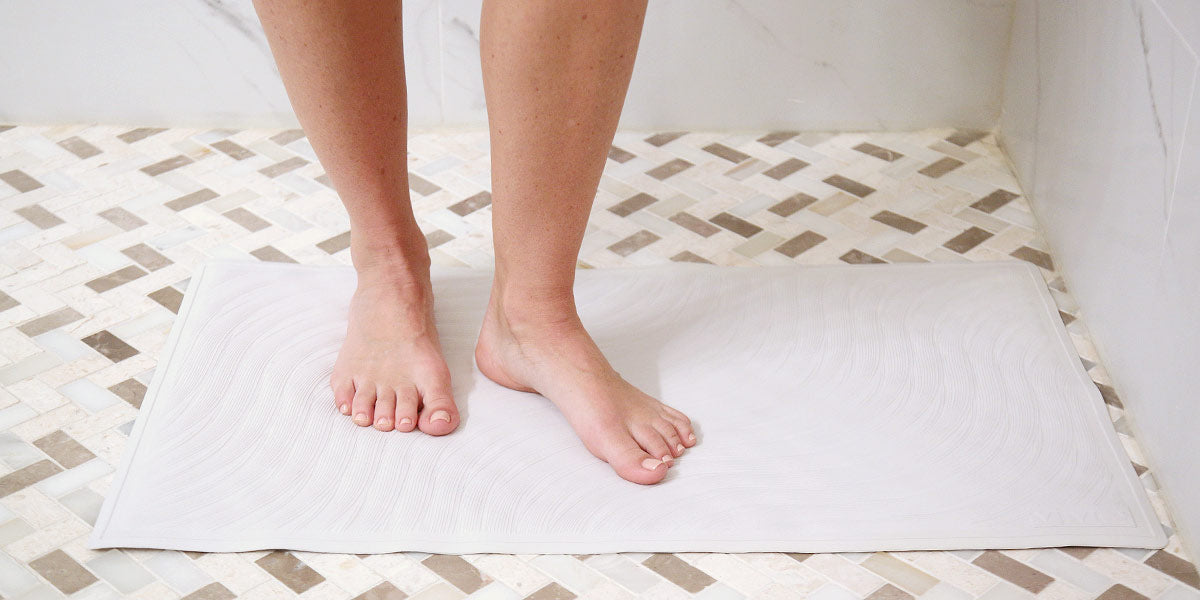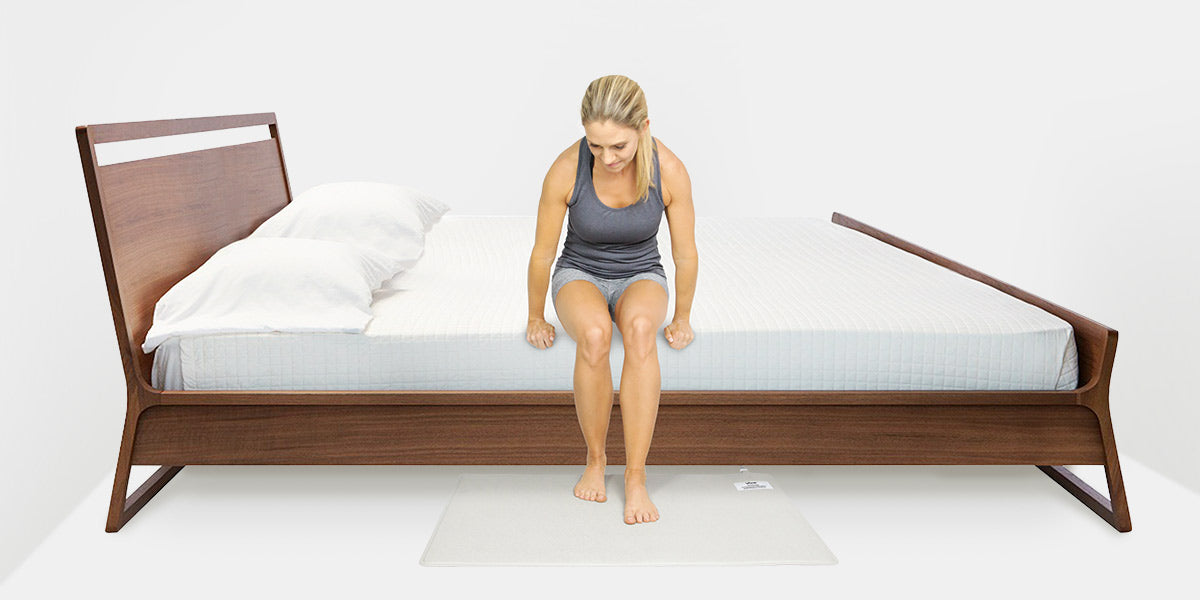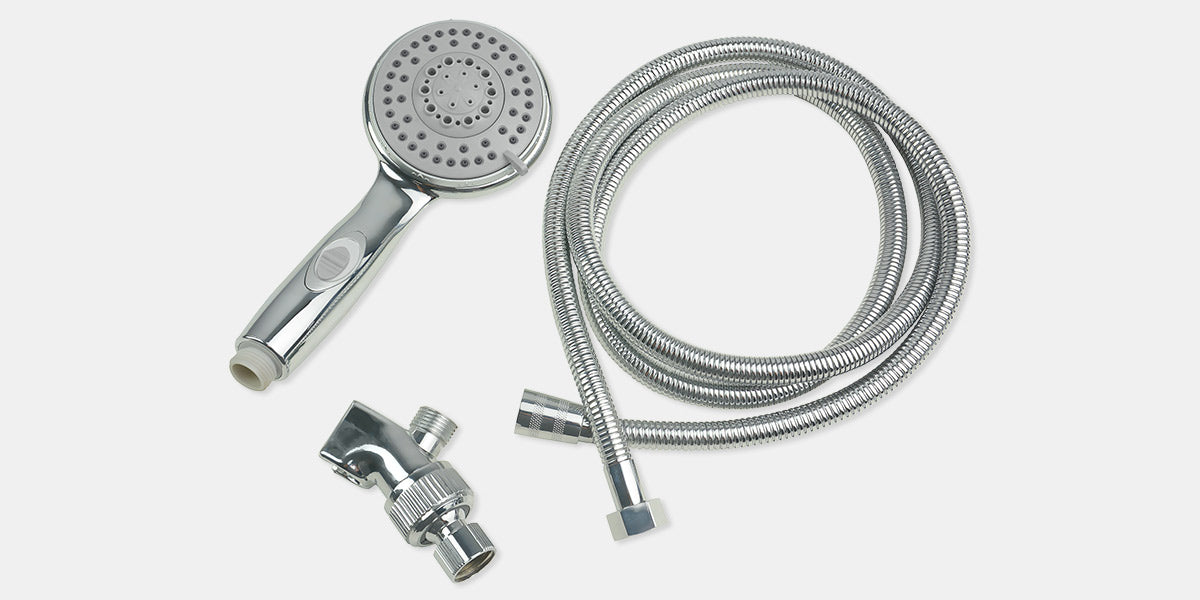Dementia is a condition characterized by a group of symptoms often affecting memory loss, language, mood, and movement. Dementia manifests differently based on the cause and part of the brain affected, and while it can’t be treated, some remedies like weight loss, diet, exercise, and quality sleep can help slow down the progression of dementia. In this post, we give all the information about dementia, its causes, and possible treatments.
What is Dementia?
Dementia develops when brain cells get damaged or die as a result of stroke, Alzheimer's, or other condition. The severity and the symptoms of dementia differ from person to person depending on the type, cause, age, ethnicity, and lifestyle.
Types of Dementia
Various conditions and diseases contribute to development and progression of dementia. Some of the causes can be reversed, but neurodegenerative diseases like Alzheimer’s result in irreversible loss of brain function.
-
Alzheimer’s Disease
While Alzheimer’s and dementia are used interchangeably, the difference between the two is apparent--Alzheimer’s is a cause of dementia, not a synonym.
Alzheimer’s disease, a neurological disorder, is caused by protein build-up that interferes with brain cell communication and growth. Alzheimer’s disease progresses in three stages: early, mild, and severe, characterized by death of brain cells and complete loss of brain function.
Even though Alzheimer’s disease is not a normal part of aging, age increases the risk.
-
Vascular Dementia
Vascular dementia is caused by narrowed blood vessels, stroke, or transient schemic attack that affects the supply of nutrient and oxygen-rich blood, leading to the death of brain cells.
Vascular Dementia can be abrupt or develop slowly, and symptoms include lack of concentration, mobility problems, and behavioral changes. V.D is not reversible, but a combination of treatment like weight loss, healthy eating, limiting alcohol intake, and smoking can delay the symptoms
-
Lewy Body Dementia
Lewy Body Dementia affects 1.4 million people in America, and it is the second common cause of Dementia. LBD is caused by abnormal deposits of alpha-synuclein proteins, commonly known as Lewy bodies, in the brain.
LBD is hard to diagnose because of its similarity with Alzheimer’s and Parkinson's disease. To be diagnosed, you must have two or more of these symptoms: visual hallucinations, poor regulation of body functions, cognitive problems, fluctuating attention, depression, and apathy.
Lewy bodies can also cause Parkinson’s disease dementia which affects thinking and reasoning. Some of the PDD symptoms to note include muffled speech, visual hallucinations, anxiety, irritability, and delusions.
-
Frontotemporal Dementia
Frontotemporal dementia is a syndrome that affects the temporal and frontal lobes of the brain, and it interferes with personality, language, motor, and muscle function.
The cause of FTD not known, although it is believed protein build-up can hasten the progression. Frontotemporal Dementia, unlike other types of dementia, it can also affect younger people.
Causes of Dementia
Contrary to popular opinion, dementia is not idiopathic but is triggered by various factors like narrowed blood vessels and protein build-up in the brain, which interfere with blood supply and affects your ability to think and communicate.
Most of the changes that occur in the brain are irreversible and worsen over time.
What are the Stages of Dementia?
Dementia progresses across multiple stages, and they all require a different treatment, lifestyle, and care plan.
-
No Impairment Stage
In this stage, seniors show no symptoms and have their brain and body functioning normally. While dementia symptoms cannot be detected at this stage, they begin to lead into more serious stages.
-
Mild Cognitive Decline
This stage is characterized by increased forgetfulness, difficulty concentrating and decreased work performance. The average duration of this stage is seven years before it progresses to dementia.
-
Moderate Cognitive Decline
This is the early stage of dementia and seniors can have trouble completing complex tasks, managing finances, and memory loss.
-
Severe Cognitive Decline
In this stage, seniors may start to forget names of close family members. You may also notice personality changes like compulsions, delusions, anxiety, and agitation.
- Late Stage Dementia
-
In the late stages of dementia, the senior will lose the ability to speak and communicate, and they will require assistance performing most activities.
Symptoms of Dementia
Early dementia symptoms include memory loss, difficulty communicating, lack of concentration, confusion, disorientation, depression, anxiety, personality changes, hallucinations, inappropriate behavior, and paranoia.
A majority of seniors with dementia can also develop Sundowner syndrome where the symptoms worsen in the evening.
Risk Factors
A senior’s risk of developing dementia depends on several factors. Some are beyond our control, and others are lifestyle-related and can be reversed.
-
Age
Age is a common risk factor for dementia, although it is possible to develop the condition earlier in life. Researchers indicate that a person’s risk of developing dementia doubles every five years.
Other age-related factors like weakened body’s repair system, low sex hormone levels, changes in the immune system, and DNA structure can also increase the risk.
-
Genetics
Although, there is no direct link between genes and Alzheimer’s, having a close relative-- parent or sibling, with dementia or Alzheimer’s, increases the risk.
-
Gender
Dementia affects both men and women equally. But, some forms of dementia are gender-specific. For example, Alzheimer’s disease affects post-menopausal women more than men because of low levels of estrogen, while men are more predisposed to Vascular dementia.
-
Ethnicity
Increasing research indicates people of South Asian, African, and African-Caribbean descent seem to develop dementia more often than the Europeans due to a high risk of stroke, heart disease, and diabetes.
-
Down Syndrome
Many middle-aged people with Down Syndrome will develop Alzheimer’s disease later in life.
Other factors that you can increase the risk of dementia include depression, diabetes, atherosclerosis, hypercholesterolemia, heavy alcohol use, smoking, cardiovascular disease, and sleep apnea.
Dementia Diagnosis
There is no specific test to diagnose dementia. However doctors can use a combination of tests including medical history, physical examination, behavioral assessment, lab tests, and memory tests to diagnose and determine the stage of dementia.
Dementia Treatment
Dementia treatment depends on the cause. For the neurodegenerative disorders like Alzheimer’s disease, there is no cure or treatment for slowing down its progression. Some treatments can help improve symptoms temporarily.
Medication
FDA approved Alzheimer’s medications like Cholinesterase inhibitors and Memantine, have been used in the past to relieve and alleviate some symptoms of dementia. Cholinesterase inhibitors treat cognitive symptoms like memory loss, thinking, and reasoning, while Memantine regulates glutamate activity involved in brain functions.
Side effects of these medications include vomiting, nausea, dizziness, and diarrhea. Your doctor may also prescribe antidepressants and sleep-inducing pills.
Modifying the Environment
Due to memory loss, confusion, and vision impairment, seniors with dementia may experience challenges with daily activities. Find ways to improve their environment with the suggestions below.
Installing Grab Bars
Lewy dementia increases the risk of falling, and grab bars in the bathroom will help provide stability and balance. A variety of grab bars are available, but the bathtub designs are more suitable as they are easily accessible.
 Try grab bars for an easy-to-install way to support yourself while bathing ( See Product )
Try grab bars for an easy-to-install way to support yourself while bathing ( See Product )
Provide Better Lighting
Dementia patients are increasingly sensitive to light, and harsh lights can limit visibility and make them agitated. Make sure to provide sufficient lighting in the entire house especially the bathroom, and avoid lighting that creates shadows as it can be distressing. Instead, position the light above the basin, bathtub, shower, and toilet.
Use Nonslip Bath Mats
Dementia patients are at risk of tripping and falling in the bathroom because of weak muscles, and a good solution is to install non-skid floors. Alternatively, you can make use of nonslip bath mats that provide traction and support. But, ensure you clean the mats often to get rid of dirt and prevent bacterial growth.
 Install a nonslip bath mat to stay safe while entering and exiting the tub. ( See Product )
Install a nonslip bath mat to stay safe while entering and exiting the tub. ( See Product )
Also consider trying bedroom floor mats. These mats are padded, and they reduce the impact of a fall. They also have alarms that alert the caregivers after an accident occurs.
 A bedroom floor alarm can alert caregivers when their patient gets out of bed. ( See Product )
A bedroom floor alarm can alert caregivers when their patient gets out of bed. ( See Product )
Use Detachable Shower Heads
Patients with dementia are sensitive to touch, and it is essential to use shower heads with adjustable flow, and the Vive handheld showerhead is a great option as it offers five spray pressure options with a pause feature.
 Add a detachable shower head to your bathing routine for flexibility and convenience. ( See Product )
Add a detachable shower head to your bathing routine for flexibility and convenience. ( See Product )
Also, keep the floor, stairs, bedrooms, and living room free of hazardous items. And, mark the edge steps like stairs with glow-in-the-dark tape for easy visibility.
Physical Activity
Exercise is not only essential to your well-being but also promotes mental clarity. But, before you start working out have a health and body assessment done to determine the right exercises. Also, do not engage in exercises when your body is in pain as it can increase stress and inflammation.
Some great exercises to try include gardening, dance, skittle, chair exercises, walking, and Tai Chi.
Watch your Diet
Eating a Mediterranean diet has been linked to lowering symptoms of dementia. The Mediterranean plan includes legumes, vegetables, fruits, cereals, moderate consumption of fish and dairy.
Fruits contain antioxidants that help to protect against brain cell damage associated with Alzheimer’s disease. And, oily fish like Tuna, Salmon, and Mackerel are high in Omega-3-- it boosts brain cell communication and enhances brain function.
Exercising your Mind
Engaging in mental exercises like board games, puzzles, crosswords, or learning a new language can help reduce the risk of dementia. So, choose an activity that will challenge your brain; for example playing board games, puzzles, crosswords, or learning a new language.
Dementia can cause Light Sleep Disorders, Sleep Wake-Cycle Disorder, and Sleep Disordered Breathing-- causes difficulty breathing while sleeping, which can, in turn, worsen the symptoms
Establishing a daily sleep routine, optimizing the environment, limiting caffeine intake, and increasing daytime physical activity can help reduce sleep-induce dementia symptoms.
Can You Recover From Dementia?
Dementia and Alzheimer’s disease are incurable, but certain medications can help slow down the symptoms. Besides medications, you may need to alter your lifestyle:
-
Eat a healthy diet and increase intake of omega 3s
-
Exercise daily and increase mental activity
-
Balance your blood sugar
-
Control stress levels
-
Get enough sleep
Take Action
Dementia will affect all aspects of your life, meaning you need a care plan to help you live comfortably. Discuss product and care options above with those close to you to decide which combination will be the best treatment path. Whether you are experiencing the early, middle, or late stages of the disease, there are plenty of options worth considering.
Sources:
https://www.alz.org/alzheimer_s_dementia
https://www.alzheimers.org.uk/about-dementia/types-dementia/dementia-causes#content-start
https://www.alzheimers.org.uk/get-support/making-your-home-dementia-friendly






Leave a comment